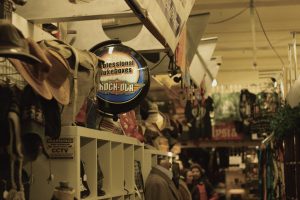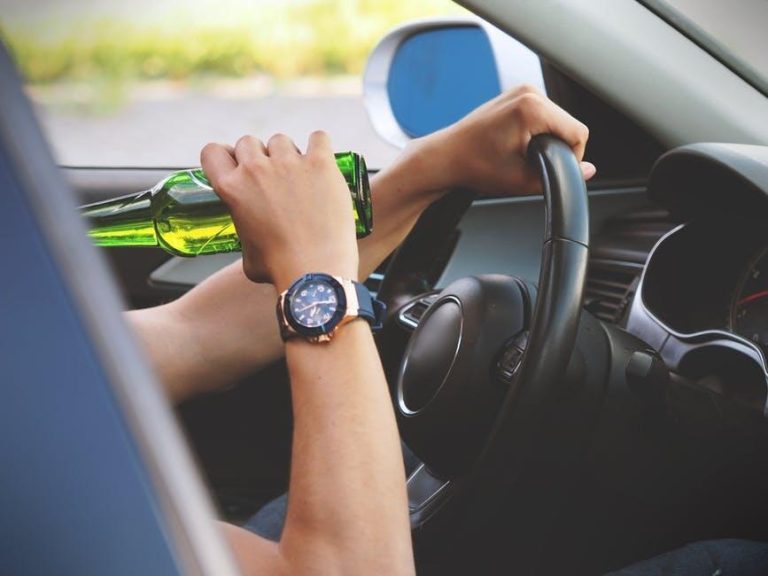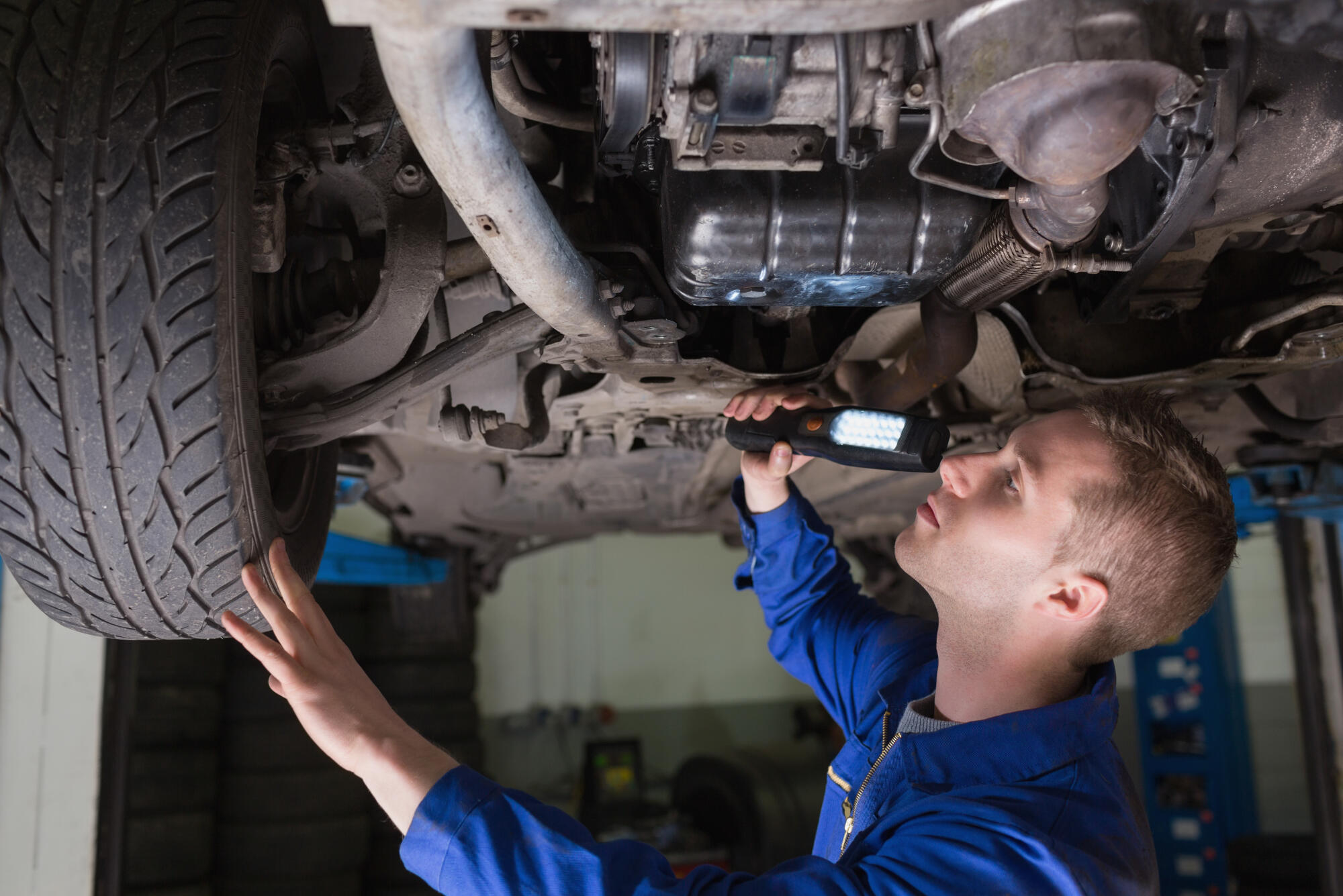In the fast-paced world we inhabit, the constant influx of new gadgets, fashion trends, and household items can quickly render our once-beloved possessions obsolete. Whether it’s outdated electronics, well-worn furniture, or clothing that has lost its luster, the dilemma of what to do with these aging items often plagues our minds. In this era of environmental consciousness, the choices we make in disposing of these belongings carry weight beyond mere decluttering. This blog post aims to unravel the complexities of parting ways with old items, exploring the environmental impact, responsible disposal methods, and the considerations that should precede bidding farewell.
Table of Contents
Understanding the Environmental Footprint
Before diving into the practicalities of disposal, it’s crucial to acknowledge the environmental repercussions of our actions. The materials used in our possessions often have a lasting impact on the planet. Electronic devices, for instance, may contain hazardous components that, if not properly disposed of, can leach into the soil and water. Recognizing the ecological footprint of our belongings is the first step toward making informed decisions about their disposal.
Where to Dispose: Navigating Responsible Options
Once the decision to part ways with old items has been made, the next question that arises is where and how to dispose of them responsibly. Recycling centers, donation organizations, and even specialized services can provide avenues for conscientious disposal. These services not only facilitate the recycling of materials but can also contribute to local economies by repurposing or reselling items. Choosing disposal methods that align with environmental sustainability ensures that our old possessions find new life rather than contributing to landfill waste. In the heart of Orlando, an innovative solution awaits those seeking to dispose of their old vehicles responsibly. Companies specializing in buying junk cars in Orlando not only offer a convenient way to part with your car but also contribute to the recycling ecosystem. By choosing this option, you not only free up space in your garage but also actively participate in reducing automotive waste.
The Emotional Connection: Navigating Sentimental Value
While the environmental impact of disposal methods is crucial, it’s equally important to recognize the emotional aspect of parting with possessions. Items often carry sentimental value, weaving themselves into the fabric of our memories. Before sending that old piece of furniture or cherished outfit to the recycling bin, consider whether it might find a new home where it can continue to evoke joy. Donation to charitable organizations, friends, or family ensures that these items continue their journey, creating new memories in the process.
Repurposing and Upcycling: Breathing New Life into the Old
Rather than hastily discarding items that have served their primary purpose, why not explore the transformative power of ingenuity? Repurposing involves taking an item and finding a new use for it, often in a way that diverges from its original function. An old wooden door might become a charming coffee table, and worn-out denim jeans could find new life as a fashionable tote bag. Upcycling, on the other hand, takes discarded or obsolete materials and elevates them into something of higher value. Picture turning discarded glass bottles into eclectic chandeliers or transforming discarded pallets into stylish outdoor furniture. The beauty of these practices lies not only in their environmental benefits but also in the opportunity for personal expression. By embracing the world of repurposing and upcycling, we not only reduce our ecological footprint but also contribute to a culture that values resourcefulness, craftsmanship, and the art of breathing new life into the old. So, before relegating an item to the realm of disposal, consider the untapped potential it might hold and the opportunity to infuse it with a fresh, creative spirit.
Digital Detox: Disposing of Electronic Clutter
The rapid evolution of gadgets and devices leaves a trail of outdated smartphones, tablets, and laptops gathering dust in drawers or forgotten corners of our homes. Disposing of electronic clutter requires a nuanced approach due to the environmental hazards associated with electronic waste (e-waste). The presence of heavy metals, toxic components, and non-biodegradable materials in these devices necessitates a departure from conventional disposal methods. Rather than tossing them into the regular trash, it is essential to seek out dedicated e-waste recycling programs or drop-off locations. These initiatives aim to responsibly dismantle and recycle electronic components, minimizing the environmental impact of hazardous materials. Furthermore, for devices that may still have functional life left, consider donating them to organizations involved in refurbishing and redistributing technology to communities in need. This not only extends the useful life of the device but also contributes to bridging the digital divide, ensuring that technology reaches those who might not have access otherwise. In the realm of digital detox, disposing of electronic clutter becomes a conscious choice to mitigate environmental harm while fostering positive social impact.
Financial Considerations: Turning Trash into Treasure
Many of our items, even those we perceive as outdated, could hold inherent value. Embracing the burgeoning secondhand market, online platforms, and local consignment shops can be lucrative avenues for turning unwanted items into cash. That vintage dress buried in the back of your closet or the antique furniture piece collecting dust in the garage might find a new home with someone eager to cherish its unique charm. The saying “one person’s trash is another person’s treasure” encapsulates the essence of this financial aspect – what may have lost its appeal to you could be a coveted find for someone else. This not only aids in decluttering your living space but also contributes to a circular economy, promoting the reuse and repurposing of goods. Additionally, the funds generated from selling these items can be redirected toward more sustainable and mindful purchases, completing a cycle that benefits both your wallet and the environment. So, before relegating your possessions to the discard pile, consider exploring the potential financial windfall that may be waiting to emerge from the treasures you no longer need.

In the journey of parting ways with old items, each decision we make holds the potential for a positive impact. Whether choosing eco-friendly disposal methods, exploring creative avenues for repurposing, or embracing the financial potential of our belongings, a thoughtful approach ensures that our actions align with a sustainable future. So, before bidding farewell to that well-worn chair or outdated gadget, take a moment to consider the myriad possibilities that lie beyond the realm of disposal – for the planet, for others, and for the stories embedded in each item we release.































































